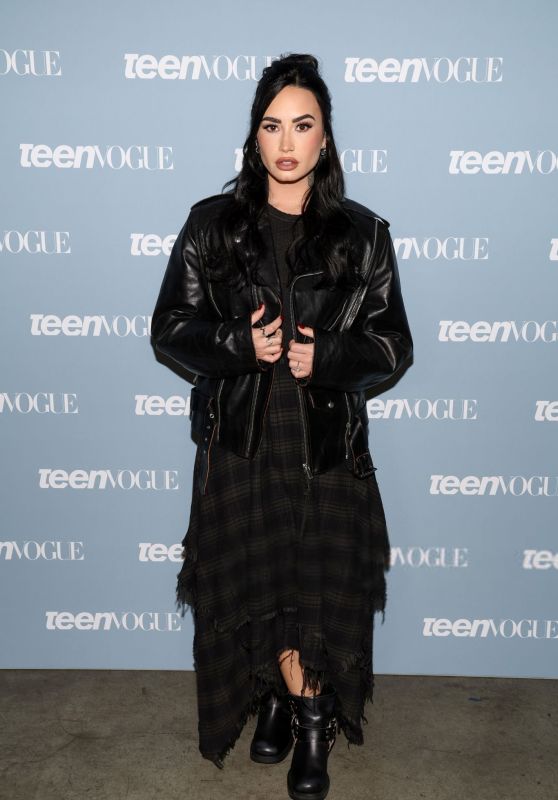Joe Biden was defiant. “I am running again,” he told supporters in July, “and I’m gonna win again.” He was badly behind in the polls at the time, his campaign unraveling after an alarming debate performance that made plain his unfitness for a second term. But he would hold on for weeks, giving Vice President Kamala Harris 107 days to build a campaign against Donald Trump—and saddling her, and the Democratic Party, with a massive credibility problem when he did.
The people around him, along with some elected Democrats and voices in the Democratic ecosphere online, insisted there was nothing to worry about—that his critics were needlessly panicking. Ignore the “bed-wetting brigade,” Biden deputy campaign manager Rob Flaherty, who would go on to serve in the same role in Harris’s campaign, said in a fundraising email before his boss dropped out.
Turns out, the critics were not just “bed-wetters”; they were right. Biden’s weaknesses—including, but not exclusive to, his age—were not a mere mirage or a preoccupation of the pundit class. The scary polls—showing trouble for Democrats and suggesting Trump was making forays into traditional Democratic blocs—were worth taking seriously, however flawed they might have been.
Of course, no one loses an election for only one reason. A lot has to go wrong for someone like Donald Trump, a singularly awful man, to not only win back a job he already proved disastrous at— but to do so decisively. The party has to make a lot of mistakes, a subject that has already drawn vigorous finger-pointing among officials, electeds, and observers. And there has to be an electorate willing to embrace or overlook the kind of hateful demagoguery Trump put forth. The Democratic Party—and anyone hoping to fight back against and maybe even one day defeat Trumpism—will have to reckon with all of this.
But it’s worth considering the distinct role Biden played in his party’s resounding defeat Tuesday, even though he was not on the ticket—the way he embodied the issues with the party establishment, and even exacerbated them. “In the same way I think there is an active embrace of Donald Trump you can’t ignore,” as the New York Times’ Astead Herndon put it on the Daily, “I think you also have to point out that the strategy that Democrats took—the self-belief that they had, that they were certain of—has put them in this situation.”
Biden spent his much of his life running for president. In 1988, his promising candidacy fell apart due a plagiarism scandal. In 2008, his campaign was dwarfed by the generational movement of Barack Obama, the man he’d serve as vice president. But 2020 seemed like his moment: The country was reeling from four years of Trumpian dysfunction and a catastrophic pandemic; Biden, an elder statesman whose public life had been marked by personal tragedies, promised to shepherd Americans through its disorder and national grief to calm and normalcy.
He’d do that and more, navigating consequential legislation through a divided Washington—and, in the process, raising hopes that he could be not only the transitional figure he initially campaigned as but a transformational one.
But his approval ratings tanked after the United States’ chaotic withdrawal from Afghanistan, which contributed to doubts about his ability to restore competence and stability to American leadership. And his political identity as a decent, empathizer-in-chief was complicated by his handling of Israel’s war in Gaza, which he’s criticized but continued to bankroll—even as Benjamin Netanyahu openly defies his warnings.
All the while, his age began to show: His gait stiffened, his voice softened, and his public appearances became more tightly choreographed. His orbit maintained he was fine; White House Press Secretary Karine Jean-Pierre, 31 years his junior, claimed that even she couldn't “keep up with him.” But his debate with Trump in June made clear that Americans’ eyes weren’t deceiving them: He lost his train of thought, struggled to express himself when he found it, and was unable to rebut the obvious lies his opponent peddled.
It was a fiasco. But his aides closed ranks around him, insisting all was well and that the president had merely had a bad debate. “I am worried about the cognitive abilities of the invertebrate professional panicking class,” deputy White House press secretary Andrew Bates told my colleague Molly Jong-Fast at the time. Biden, for his part, appeared unable to separate his own ambitions from the interests of the country. He framed the calls to step aside as yet another opportunity to prove his doubters wrong: “When you get knocked down,” he said, “you get back up!” And if that didn’t work? “As long as I gave it my all and I did the [as good a job] as I know I can do, that’s what this is about,” he told George Stephanopoulos in July.
That defiance, as I argued at the time, played into Trump’s hands—feeding the cynicism and disillusionment that the former president has exploited throughout his political career. Democrats successfully ran in 2018, 2020, and 2022, in part, on the correct premise that Republicans were rallying behind a man they knew did not have the character, temperament, or acuity to be president; now, that argument was being undermined by their own support for a man who seemed to the public to be too old to serve.
To Democrats’ credit—and Biden’s—they ultimately got him to pass the torch, to put the good of the country over that of the party leader. By the numbers, that improved Democrats’ electoral prospects—seeming, even, to make Harris the frontrunner in the wild 2024 race.
Looking back, though, it appears to me that the party—on top of everything else—may not have been able to fully overcome that credibility problem. Harris not only had to answer for her boss’s unpopularity. She struggled with uncomfortable questions, as a member of his inner circle, about the age issue the debate revealed.
“You never saw anything like what happened at the debate night behind closed doors with him?” NBC News’ Hallie Jackson asked Harris in a sit-down last month.








![Model Sydney J. Harper Brings Passion to Voiceless Charity Event in Nashville [11-18-2024]](https://celebmafia.com/wp-content/uploads/2024/11/model-sydney-j.-harper-brings-passion-to-voiceless-charity-event-in-nashville-11-18-2024-5_thumbnail.jpg)
![Sonya Starzhynska at “Voiceless” Charity Event [11-18-2024]](https://celebmafia.com/wp-content/uploads/2024/11/sonya-starzhynska-at-voiceless-charity-event-11-18-2024-3_thumbnail.jpg)

![Gemma Chan at TASAKI’s 70th Anniversary “Floating Shell” Exhibition [11-21-2024]](https://celebmafia.com/wp-content/uploads/2024/11/gemma-chan-at-tasaki-s-70th-anniversary-floating-shell-exhibition-11-21-2024-4_thumbnail.jpg)







 English (US) ·
English (US) ·